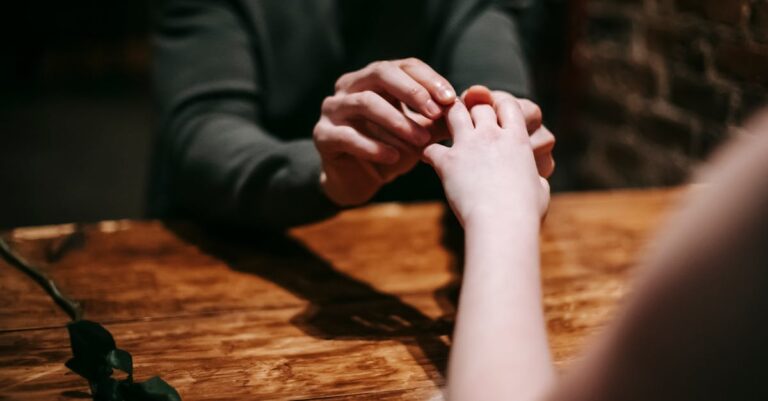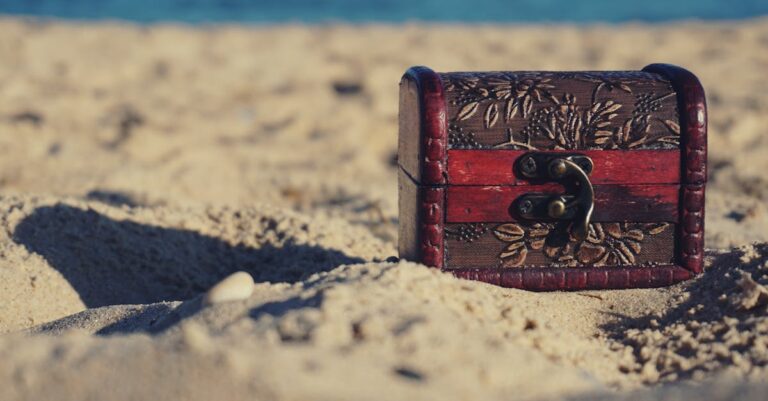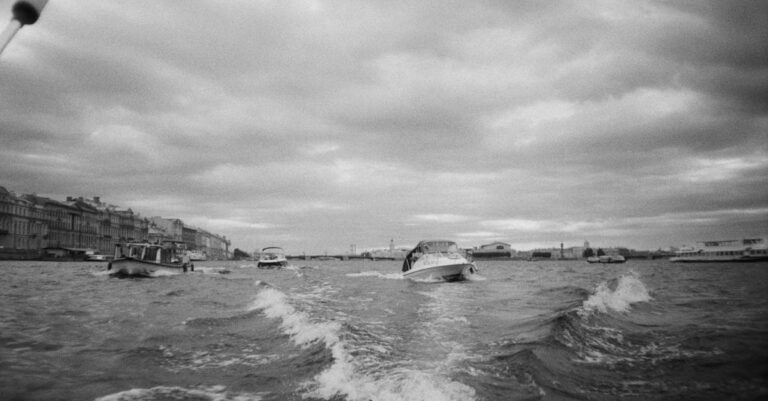
The first time she saw him, the air tasted like thunder. Mira had been kneading dough at the counter of her café, the scent of yeast and butter thick in the morning haze, when the door jingled and a man stepped inside. He was tall, with wind-tousled hair and a guitar case slung over his shoulder, and he looked around the room like he’d stepped into a memory. The way he lingered on the peeling mural of a lighthouse—painted by Mira’s late father—made her pause. She hadn’t spoken to anyone about that painting in years.
“You’re the one who runs this place,” he said, his voice low and rough, like sandpaper over stone. He didn’t wait for an answer. “I need a place to stay.”
She studied him. His hands were calloused, his jeans frayed at the knees. “We don’t take in strangers,” she said, wiping her hands on her apron. “Unless you’ve got money.”
He grinned, and it was a slow, crooked thing. “I’ve got a few bucks. And a song.”
The name he gave her was Jace, though she suspected it wasn’t his real one. He moved into the back room of the café, which had been empty since her father’s death, and spent his days wandering the beach, strumming that guitar like it was an extension of his bones. Mira watched him from the window, her fingers curling around the edge of the counter. She told herself it was curiosity. She told herself it was nothing more than the quiet ache of loneliness.
One evening, as the sun bled into the horizon, Jace appeared at her door. His guitar was gone, replaced by a single paper bag. “I made this,” he said, holding it out. Inside were pastries—flaky, golden, and warm. “You’re not the only one who can bake.”
She took the bag without a word, but when she opened it later, she found a note tucked inside: *Your father’s recipe. I found it in the back drawer.*
The next day, she confronted him. “How did you—?”
He shrugged, staring out at the waves. “I didn’t take it. I just… saw it. The way you look at that mural, the way you hold that spatula like it’s a sword. You’re not ready to let go of him, are you?”
Mira’s throat tightened. She hadn’t expected him to see that. “What do you know about it?”
“Nothing. But I know how it feels to carry something heavy.” He turned to her, his eyes dark and unreadable. “You don’t have to do it alone.”
That night, she dreamed of her father’s voice, low and steady, like the tide. She woke up crying, the scent of saltwater lingering in the air. When she went outside, Jace was there, sitting on the dock with his feet in the water. He didn’t look up as she approached.
“You’re leaving,” she said, more statement than question.
He finally met her gaze. “I have to. My band’s playing in Seattle next week. But I’ll be back.”
“You say that like it’s a promise.”
“It is.” He stood, his shadow stretching across the planks. “I’m not going anywhere without you.”
Mira didn’t know if she believed him. But when he kissed her, it was like the world had finally clicked into place, every nerve ending alive with the taste of salt and something sweeter—something she hadn’t realized she’d been missing. She didn’t let go for a long time.
The café stayed open. Jace worked the counter, his hands moving with the same precision as hers, and together they filled the space with laughter and music. The mural remained, its colors faded but still vibrant, a testament to the stories they would create. And when the days grew colder and the waves quieter, Mira would lean into Jace’s side, her fingers laced with his, and think of how sometimes, the hardest things to let go of are the ones that were never meant to be held on to at all.


